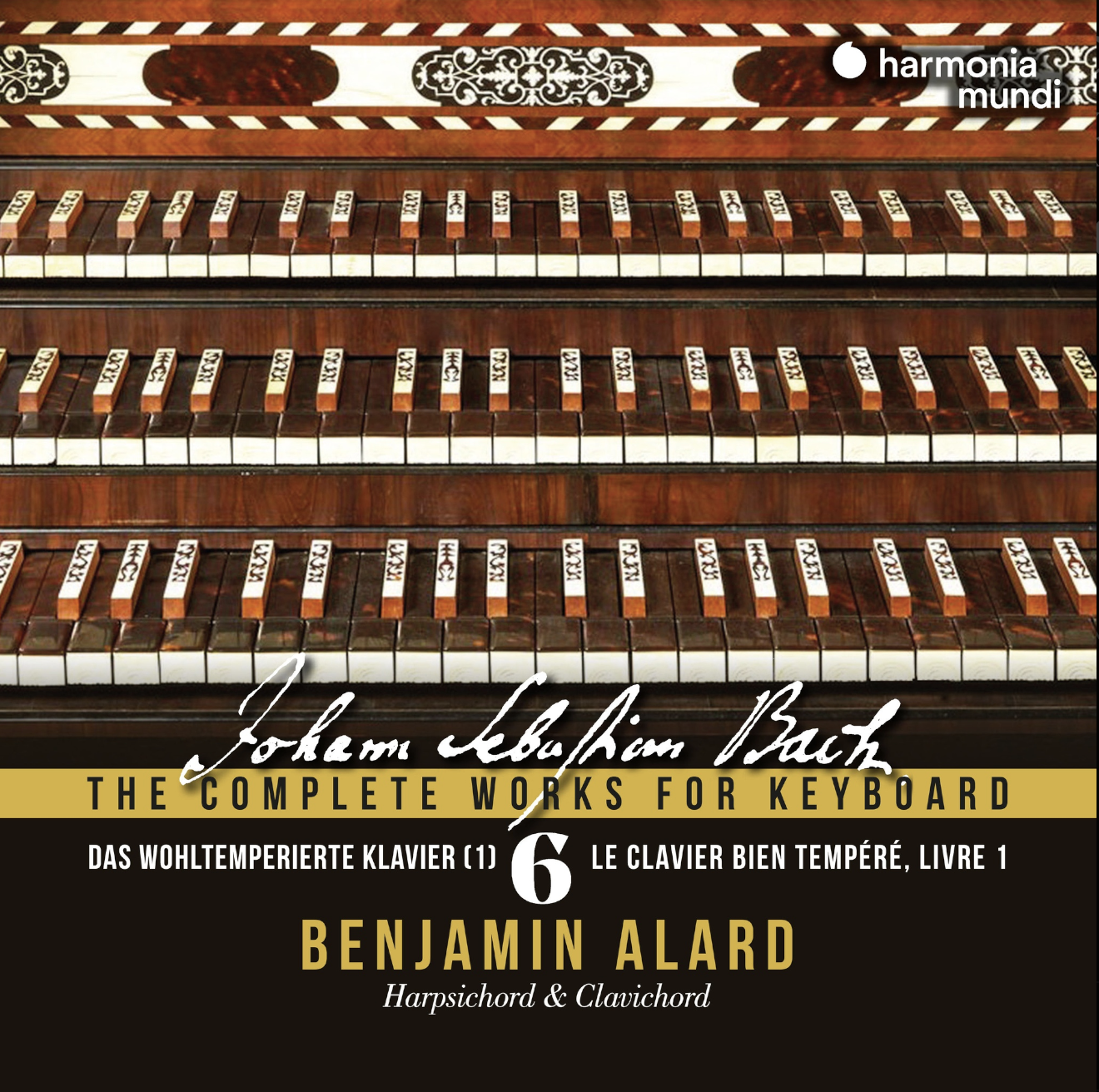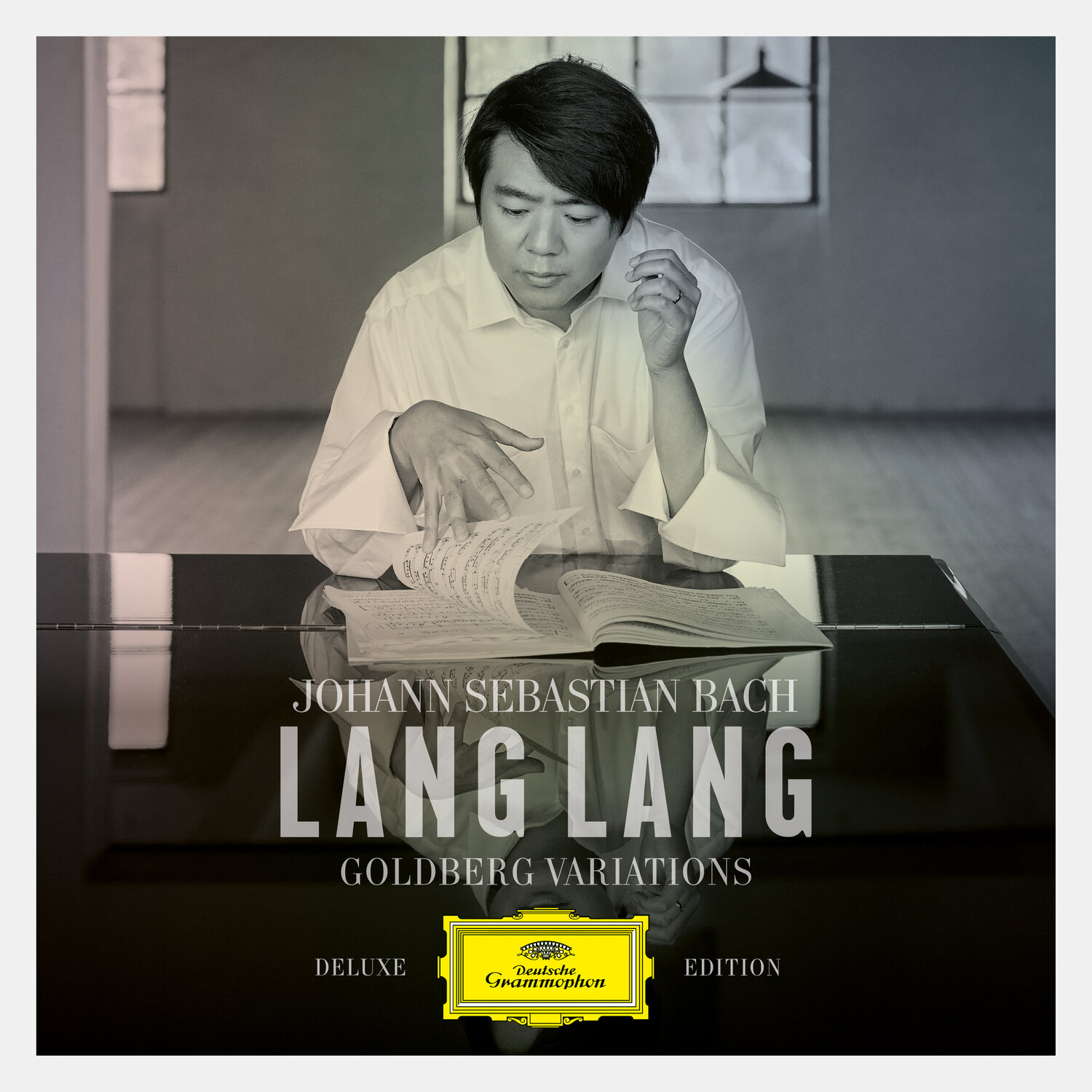Keith_W
Major Contributor
- Thread Starter
- #21
What is your favorite version of this piece?
Among many, I like this one:
I will start by saying that different people hear different things in Bach, and also in Bach recordings. Even for myself, if I am in a different mood when I listen to Bach, I might hear something different. This is why I have more than 10 complete recordings in my collection. Since you asked me what my favourite recording is, here are a few of mine and what I think about them:
I consider Sviatoslav Richter to be the greatest pianist of the 20th century. Why? Because he was so versatile. You will find that most pianists specialize in certain composers or music types, e.g. Brendel and Uchida are Mozart, Beethoven, and Schubert specialists, Horowitz for Chopin and Scarlatti, and then you have the ultra specialists who are best known for one composer only, and there are quite a few Bach specialists: Hewitt, Gould, Tureck, Landowska, and so on. Richter was one of very few who could play almost any composer and produce one of the best, if not the best version of the work.
Having said that, I find this recording to have a few Richter eccentricities, for example the C Minor Fugue from book 1 (BWV 847) is played way too fast and aggressive and it almost sounds like percussion. I also think he smooths over the counterpoint for some of the other fugues - if he is trying to make a point, I don't know what it is. You still get the signature hypnotic playing style of Richter which really works with some pieces.
In the clip above, Richter makes the piece sound so bright and full of wonderment, as if you are waking up in the morning and making a start to your day. And yes it is a wonderful way to start everything that Richter is going to serve you next.
Overall I think it is an inconsistent collection with some amazing pieces and some horrifyingly bad pieces with the rest in between. I recommend it for the beginner because it was cheap (when it was on CD), and in fact I have bought countless copies as gifts for friends. But it is not the best version.
Someone will always ask about Glenn Gould, especially Canadians who seem to love Glenn Gould. I have a somewhat controversial view of Gould in that I do not like him. As in, I find his playing to be unlistenable. You probably already know his signature style - metronome-like precision, no piano or forte, no change in dynamics, a dry percussive sound almost as if he is playing every note staccato, and that humming in the background. He treats the piano as a giant harpsichord. Someone said that they hear Gould and not Bach. I agree. I have certainly tried to understand why so many people love him, Gould is the only pianist whom I have collected a sizeable number of recordings even though I do not like his music and barely listen to his recordings - all so that I could try to understand. I still don't understand. So for me, I am not going to recommend him.
Wanda Landowska once said to another pianist, "You play Bach your way, and i'll play him his way". She wrote a little treatise on the subject of interpreting Bach, where she derides fashion, non-traditional interpretations, and modern instruments: "These fugues, according to Mr. Schweitzer, played on the organ of today, become as heavy and massive as engravings reproduced in crayon. As for our concert-grand, that machine goes to deafen an entire audience. Compare its massive legs with the fine and fragile lines of those of the harpsichord and you will find the difference in taste between the two epochs summed up."
So you would think that she should be the most authentic Bach player? To start with, she uses a harpsichord - but not the same type of delicate harpsichord used by Bach. She used commissioned Pleyel to make her a harpsichord, which had a heavy iron frame similar to concert grands. It produces a massive sound - which to be honest is a matter of taste. I don't like it. Her playing itself has some really unique insights - she is one of those Bach players who will really show you something you have never heard before.
So: the poor sound quality (mostly recorded in the 30's - 40's), the awful Pleyel harpsichord would normally put her on my not recommended list. However, her playing is unique and authentic (albeit early 20th century scholarship and definitely not modern thinking) - so I would recommend her for Bach enthusiasts only. The general public would probably hate it.
I consider Gustav Leonhardt to be "the grandfather of Bach". He also uses a harpsichord, albeit the more typical delicate version and not Landowska's monstrosity. Leonhardt has a precise, patient, and wise playing style which is really relaxing. He was extremely pious and that comes through in his playing - in fact that is a perfect description of this recording - its sheer piety. Leonhardt was also a Bach scholar, and his collaboration with Niklaus Harnoncourt to produce the complete recording of Bach's cantatas is epic and really worth listening to. Although it is an older recording, EMI did a great job and this recording is really clear and is a good test for sibilance in your system. You should hear none! Definitely recommended.
Angela Hewitt made two complete recordings of the WTK, and I will recommend the 2008 one. I have also heard her play live on a number of occasions and I can tell you that she plays differently when she records. She said in an interview that for recordings she wants to play precisely and beautifully, but for live performances she wants excitement. This is a real pity because she can certainly sound quite exciting but there is none of that here. Instead, what you get is the latest Bach scholarship, pieces that are meant to be dance-like actually sound like dances, there are no eccentricities, nothing to annoy you, and you get the most pure Bach experience imaginable. Unlike other pianists who use a Steinway, Hewitt uses a Fazioli. Steinways produce a huge, sonorous sound - the typical concert grand derided by Landowska as "deafening the audience". The Fazioli piano has a delicate pearlescent tone which is really beautiful. It never gets as loud as a Steinway (for typical Steinway sound, listen to the Richter, or listen to Hewitt in a live recording). Hewitt is by far my favourite Bach pianist. Definitely recommended.
On a side note, did you know that the first four notes of the subject from the C Major Fugue, combined with the first four notes of the reply ... combine to form a perfect C Major scale? Take a look:
(EDIT) inserted youtube clips of all the above pianists playing the same C Major Prelude and Fugue BWV 846.
Last edited:



